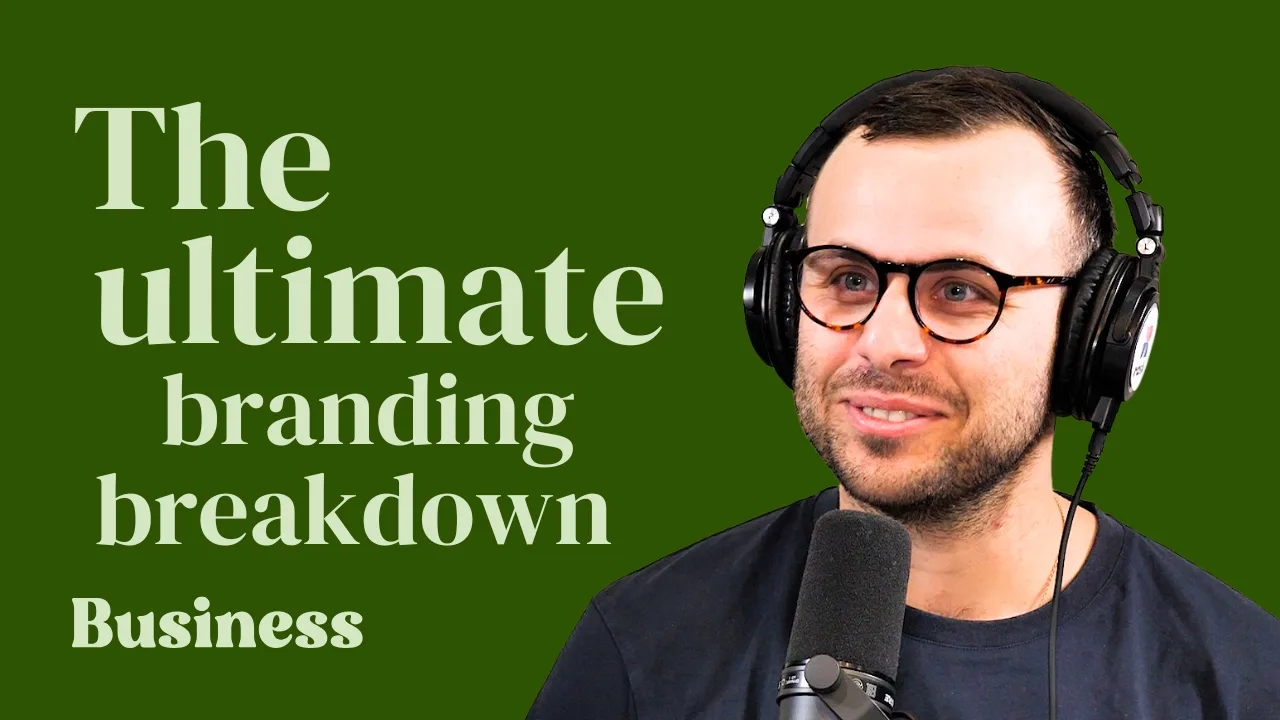After months of speculation, it seems that the RBA might be getting close to a cut. But some economists are forecasting additional rate cuts after that.
The Reserve Bank of Australia is Australia’s central bank. One of its biggest roles is to decide Australia’s interest rate, taking into account economic conditions including unemployment, inflation and the housing market. The RBA interest rate has a ripple effect across the whole economy.
Could More RBA Rate Cuts Be On The Cards?
The RBA Governor Philip Lowe gave a speech last week that suggested that the RBA might cut rates next week.
But the Westpac Banking Corp (ASX: WBC) chief economist Bill Evans thinks there could be three RBA interest rate cuts between now and November 2019, which means that interest rates would drop to 0.75%, according to reporting in the Australian Financial Review.
Just a couple of weeks ago Mr Evans thought that there would be two rate cuts between now and November 2018.
One of the main points that Mr Evans (and the RBA) is referring to is the jobs market, Mr Evans wrote:
“A key issue is the labour market data, the RBA last week emphasising “the Board will be paying close attention to developments in the labour market at its upcoming meetings”.
It has been Westpac’s view for some time that the unemployment rate has already bottomed out at 4.9 per cent and we expect that it will gradually drift up through the second half of 2019 to around 5.4 per cent. We expect that trend to become clearly apparent by the June employment report (released in late July), making the first cut an obvious decision for the August meeting.”
What Could This Mean?
Truly, no-one knows. Economists have expertise explaining why things happened retrospectively but no-one can say with certainty what will happen.
Many speculate that if the RBA cuts rates it will lead to a falling Australian Dollar, a stabilising of the Australian house prices and a recovery of consumer confidence.
One thing is for sure, big banks like National Australia Bank Ltd (ASX: NAB), Australia and New Zealand Banking Group (ASX: ANZ) and Commonwealth Bank of Australia (ASX: CBA) would get a boost.
I would rather own one of the proven ASX shares in the free report below to get me through any market uncertainty in the future.
[ls_content_block id=”14945″ para=”paragraphs”]
[ls_content_block id=”18380″ para=”paragraphs”]



